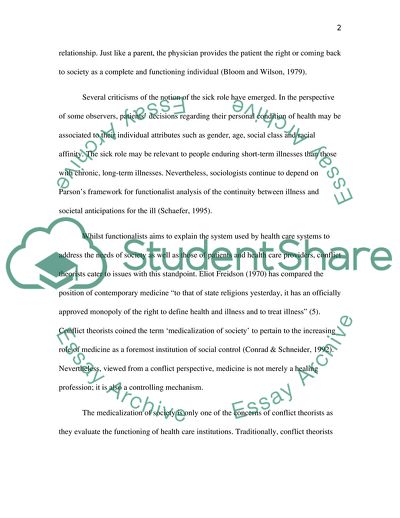Cite this document
(Health and Illness: Functional or Dysfunctional Coursework, n.d.)
Health and Illness: Functional or Dysfunctional Coursework. https://studentshare.org/sociology/1717270-sociological-theories
Health and Illness: Functional or Dysfunctional Coursework. https://studentshare.org/sociology/1717270-sociological-theories
(Health and Illness: Functional or Dysfunctional Coursework)
Health and Illness: Functional or Dysfunctional Coursework. https://studentshare.org/sociology/1717270-sociological-theories.
Health and Illness: Functional or Dysfunctional Coursework. https://studentshare.org/sociology/1717270-sociological-theories.
“Health and Illness: Functional or Dysfunctional Coursework”. https://studentshare.org/sociology/1717270-sociological-theories.


